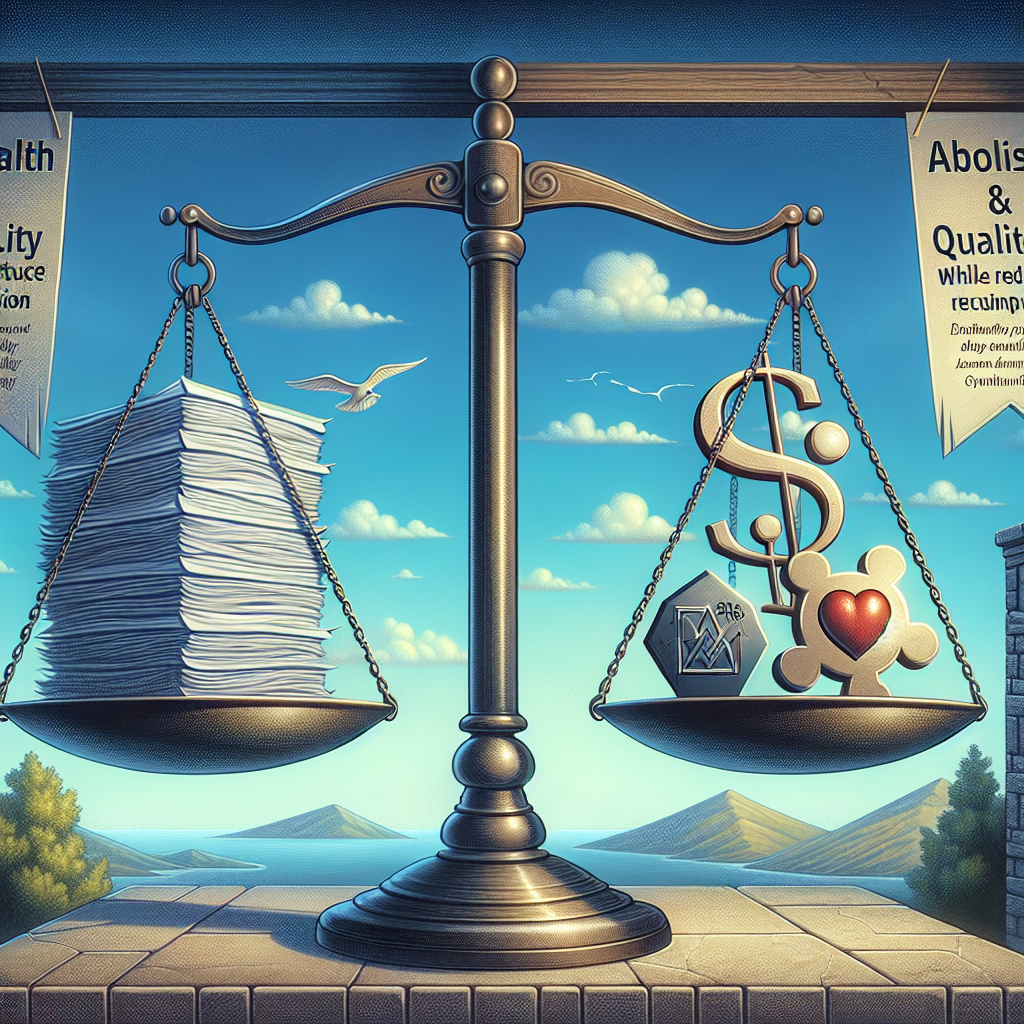Voluntary cooperation provides a robust alternative to government regulation, creating a system that fosters resilience and promotes healthy economic conditions, such as deflation. In contrast, government interventions introduce fragility defining single points of failure and perpetuating loss through inefficient regulatory practices, ultimately leading to harmful inflation. Public figures like Donald Trump, Robert Kennedy, and Elon Musk have made commitments to reduce cronyism and eliminate waste within governmental frameworks. However, these promises frequently overlook the inherent cronyism present in both state and federal administrative structures. Even if government efforts focus solely on removing corporate benefactors, they inadvertently permit alternative forms of tyranny, such as activist cronyism, which contravenes core constitutional principles.
The most effective path toward reform involves a decisive closure of unnecessary regulations and a legislative repeal of ineffective governance. A key argument holds that the absence of regulators does not create a regulatory vacuum; rather, it encourages individuals and communities to self-regulate, leading to increased safety and quality through voluntary cooperation. People leverage available information and make informed choices based on their interactions. This decentralized approach fosters a network of accountability. Consumers share feedback on products, bad press circulates swiftly, and harmful offerings are abandoned, leading to an organic oversight mechanism that drives improvements. The positive effects of this dynamic are evident in historical contexts like the Dutch Republic and the United States, where individuals achieved notable advancements and increased productivity by taking charge of their own affairs.
While voluntary cooperation is foundational to safety and quality improvements, the complexities of modern systems also require high-reliability organizations and diverse methods for preventing and recovering from failures. In sophisticated systems—such as power grids and aircraft carriers—safety cultivates through the actions of individuals who monitor local conditions and make necessary decisions. When a government regulator is introduced, their presence often displaces individual actions, causing a shift from a decentralized focus to a centralized one. This transforms a system, which benefits from localized actions, into one that is overly dependent on leaders and regulations, undermining the inherent safety mechanisms established through voluntary cooperation.
Government intervention, often perceived as beneficial, presents a significant barrier to system reliability. Regulatory frameworks typically diminish the multiple independent layers of protection that naturally arise in free systems, making them fragile. Not only does this reduce safety, but it can also result in catastrophic outcomes. Historical instances, such as the Deepwater Horizon oil spill and Boeing 737 MAX crashes, exemplify how regulatory oversight failed to prevent disasters that would have been avoided in a more self-regulated environment. The introduction of such regulators alters the dynamics of cooperation and accountability, ultimately exacerbating risks rather than mitigating them.
The interplay between government and production quality further emphasizes the necessity of reducing regulatory structures. Instances arising from government immunity and regulations have allowed subpar products, such as certain vaccines, to proliferate without accountability to consumers. Often, government mediation isolates producers from direct customer feedback, diminishing competitive pressure to maintain high standards of quality and safety. Effective consumer choice and competitive market forces are essential for encouraging producers to improve their practices. In an unregulated market, errors are typically localized; only through government interventions do the consequences become widespread and systemic, highlighting why the regulatory apparatus must be dismantled for optimal safety and quality.
Finally, a constitutional government can play a critical role in monitoring inflation. By reducing governmental scope, expenditures on unnecessary infrastructure and personnel decrease, leading to enhanced productivity—an environment conducive to healthy deflation, where prices decrease as efficiency improves. The overarching argument is one that champions autonomy over reliance on government interventions: the capacities of individuals and communities surpass the efficiency of bureaucracies. A commitment to eliminating extraneous governmental frameworks not only promotes individual capabilities but also cultivates an environment of responsible spending, enhanced safety, and improved economic conditions that prioritize productive growth and consumer welfare.

